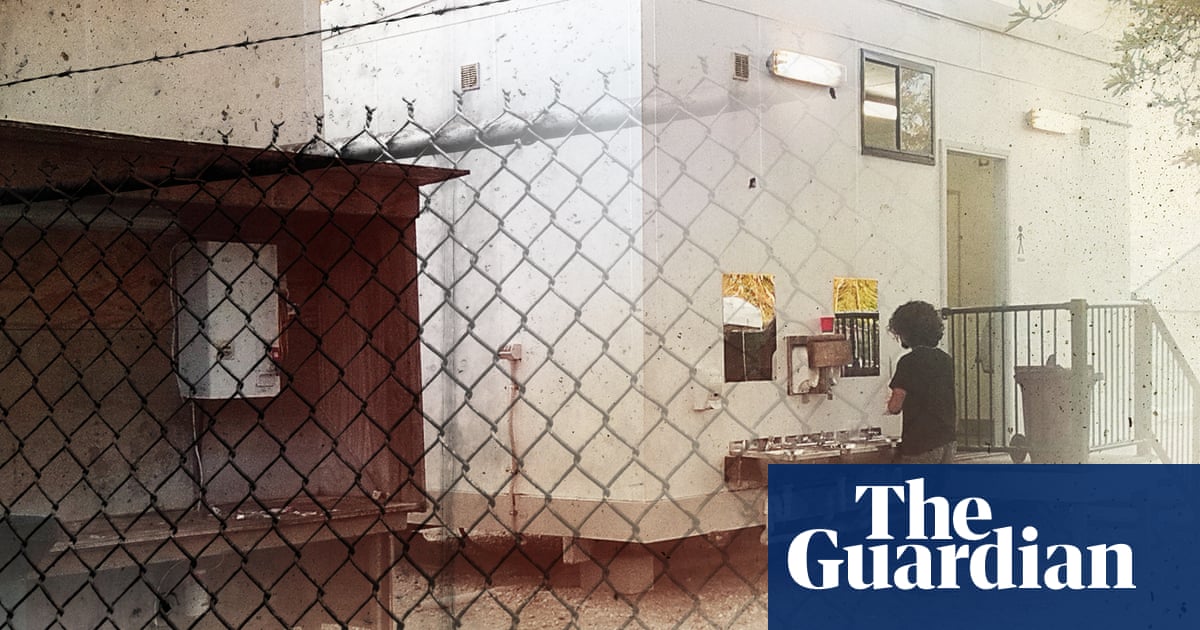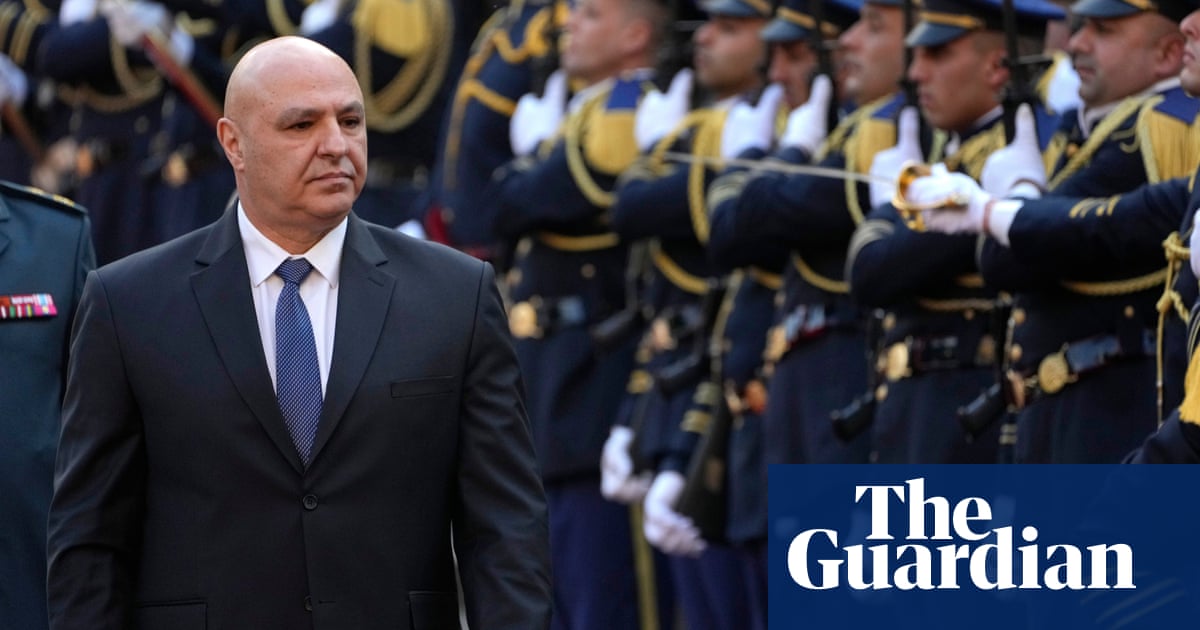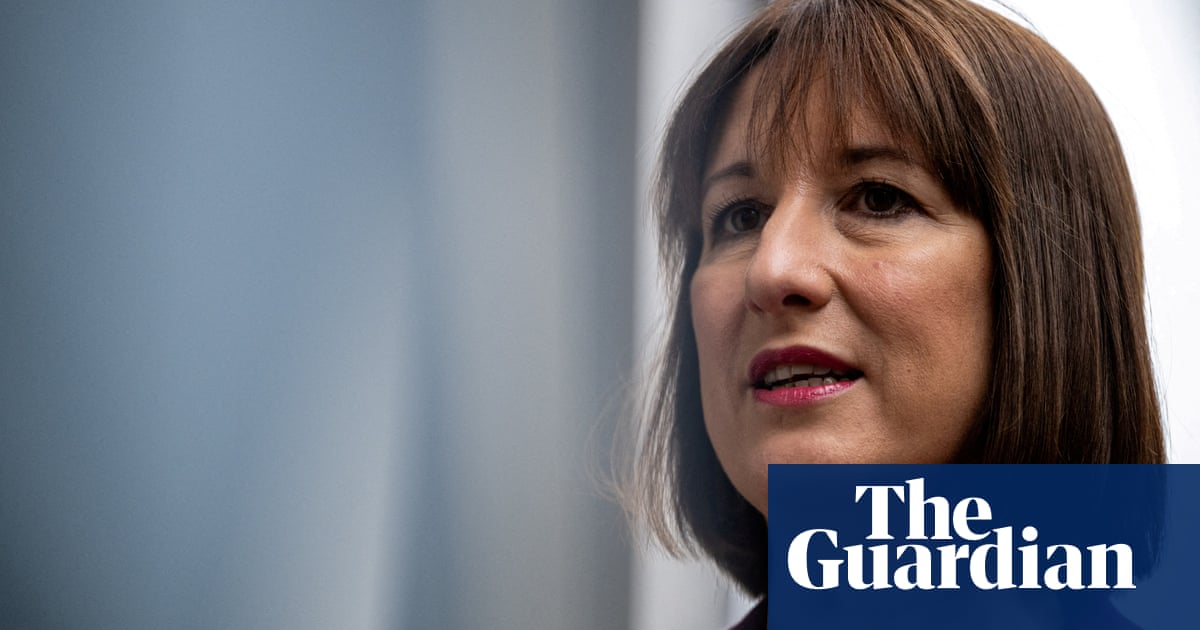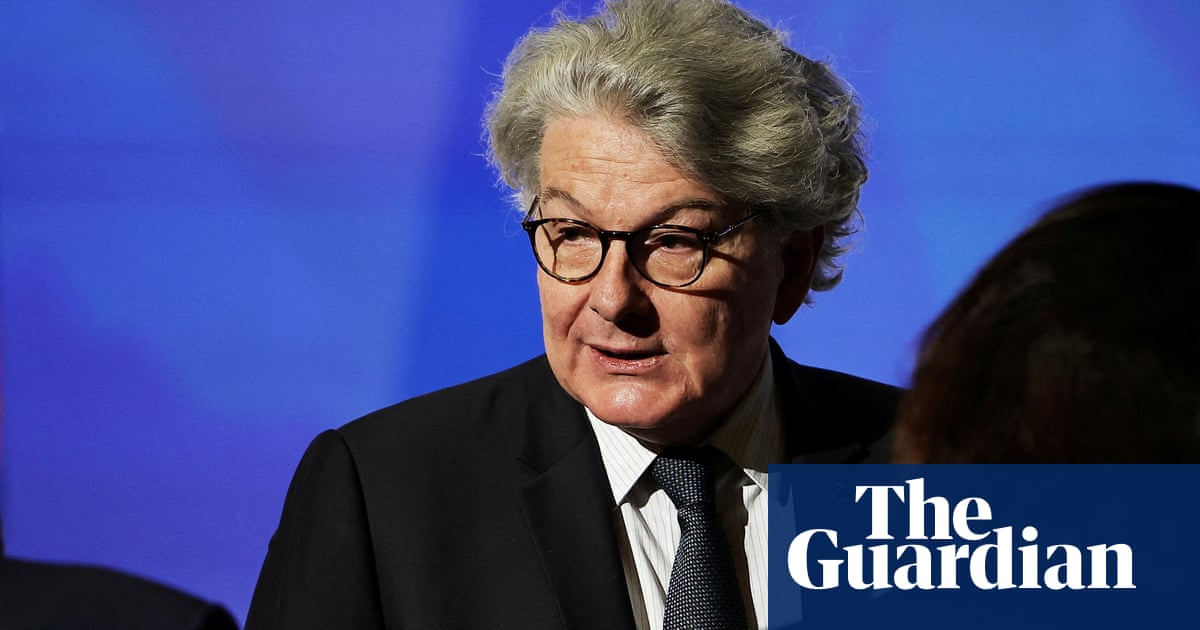The Catholic priest stood at the altar in the hilltop church for the mass baptism, dunking dozens of heads in water and tracing a cross with his finger on each forehead.
Then he rejoiced at Christianity’s recovery of souls in a land where the vast majority of people are Muslim — as the men, women and children standing before him had been.
The ceremony was one of many in recent months in Kosovo, a formerly Serbian territory inhabited largely by ethnic Albanians that declared itself an independent state in 2008. In a census last spring, 93 percent of the population professed itself Muslim and only 1.75 percent Roman Catholic.
A small number of ethnic Albanian Christian activists, all converts from Islam, are urging their ethnic kin to look to the church as an expression of their identity. They call it the “return movement,” a push to revive a pre-Islamic past they see as an anchor of Kosovo’s place in Europe and a barrier to religious extremism spilling over from the Middle East.
Until the Ottoman Empire conquered what is today Kosovo and other areas of the Balkans in the 14th century, bringing with it Islam, ethnic Albanians were primarily Catholics. Under Ottoman rule, which lasted until 1912, most of Kosovo’s people switched faiths.
Article by:Source




















